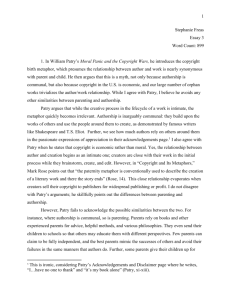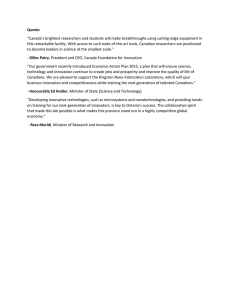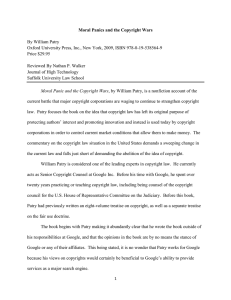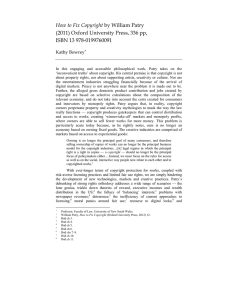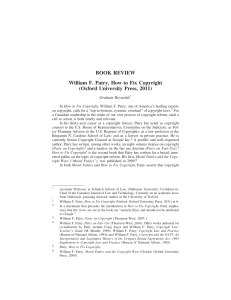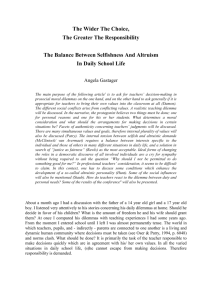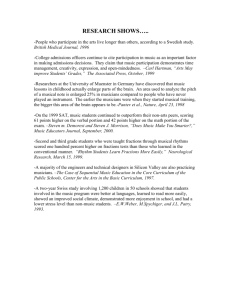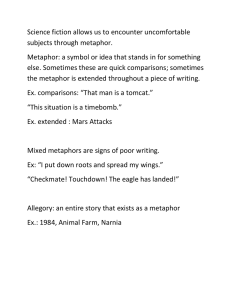Moral Panics and the Copyright Wars William Patry, Oxford
advertisement
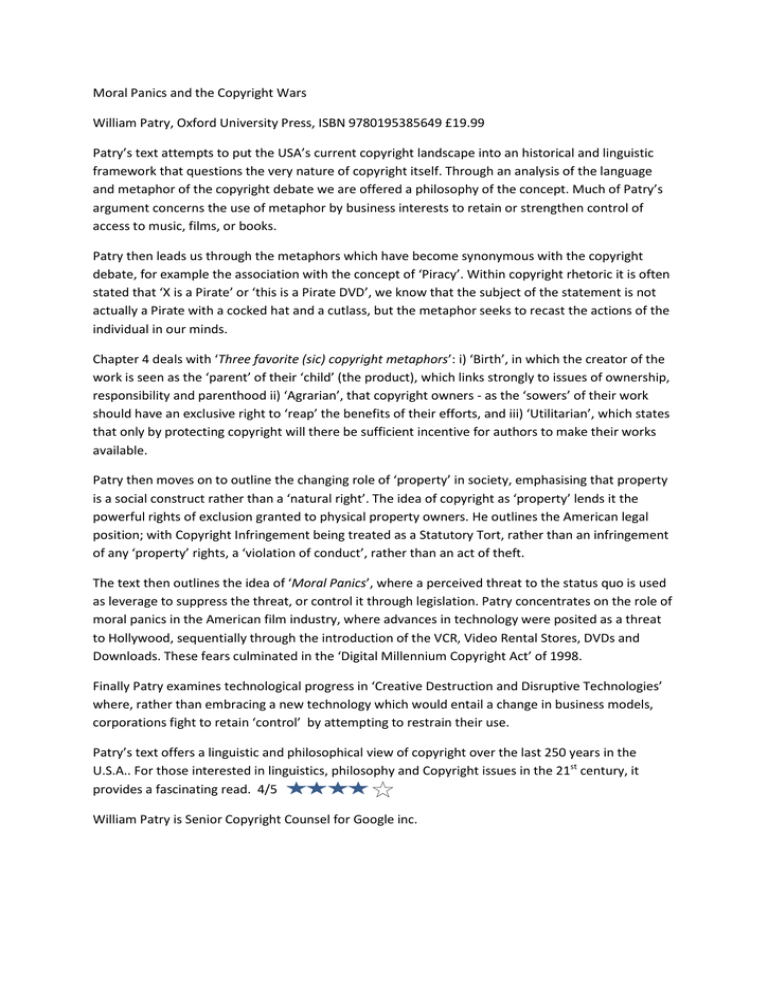
Moral Panics and the Copyright Wars William Patry, Oxford University Press, ISBN 9780195385649 £19.99 Patry’s text attempts to put the USA’s current copyright landscape into an historical and linguistic framework that questions the very nature of copyright itself. Through an analysis of the language and metaphor of the copyright debate we are offered a philosophy of the concept. Much of Patry’s argument concerns the use of metaphor by business interests to retain or strengthen control of access to music, films, or books. Patry then leads us through the metaphors which have become synonymous with the copyright debate, for example the association with the concept of ‘Piracy’. Within copyright rhetoric it is often stated that ‘X is a Pirate’ or ‘this is a Pirate DVD’, we know that the subject of the statement is not actually a Pirate with a cocked hat and a cutlass, but the metaphor seeks to recast the actions of the individual in our minds. Chapter 4 deals with ‘Three favorite (sic) copyright metaphors’: i) ‘Birth’, in which the creator of the work is seen as the ‘parent’ of their ‘child’ (the product), which links strongly to issues of ownership, responsibility and parenthood ii) ‘Agrarian’, that copyright owners - as the ‘sowers’ of their work should have an exclusive right to ‘reap’ the benefits of their efforts, and iii) ‘Utilitarian’, which states that only by protecting copyright will there be sufficient incentive for authors to make their works available. Patry then moves on to outline the changing role of ‘property’ in society, emphasising that property is a social construct rather than a ‘natural right’. The idea of copyright as ‘property’ lends it the powerful rights of exclusion granted to physical property owners. He outlines the American legal position; with Copyright Infringement being treated as a Statutory Tort, rather than an infringement of any ‘property’ rights, a ‘violation of conduct’, rather than an act of theft. The text then outlines the idea of ‘Moral Panics’, where a perceived threat to the status quo is used as leverage to suppress the threat, or control it through legislation. Patry concentrates on the role of moral panics in the American film industry, where advances in technology were posited as a threat to Hollywood, sequentially through the introduction of the VCR, Video Rental Stores, DVDs and Downloads. These fears culminated in the ‘Digital Millennium Copyright Act’ of 1998. Finally Patry examines technological progress in ‘Creative Destruction and Disruptive Technologies’ where, rather than embracing a new technology which would entail a change in business models, corporations fight to retain ‘control’ by attempting to restrain their use. Patry’s text offers a linguistic and philosophical view of copyright over the last 250 years in the U.S.A.. For those interested in linguistics, philosophy and Copyright issues in the 21st century, it provides a fascinating read. 4/5 William Patry is Senior Copyright Counsel for Google inc.
